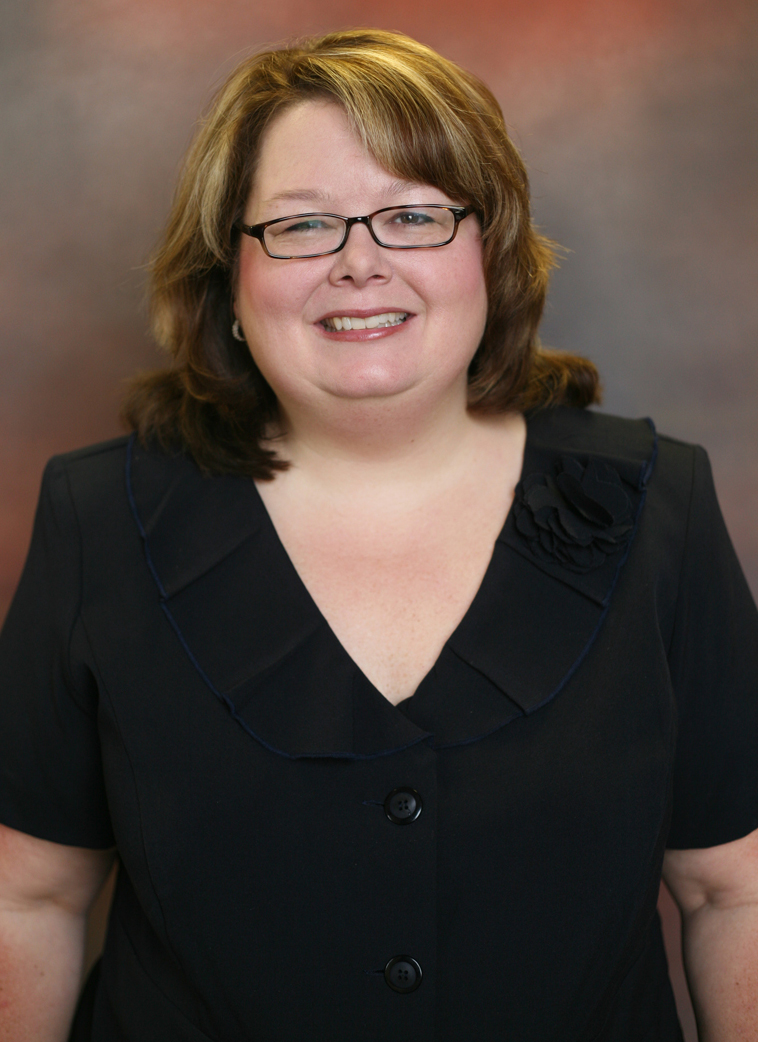January 27, 2015
For Immediate Release
By Zatoria Leavell, student news writer
 |
| Dr. Twyla Hernandez |
CAMPBELLSVILLE, Ky. — “Why do many Bible-believing Christians often criticize the poor more readily, using the opportunities presented to them as a means to share the gospel in word and deed?”
That is the question that Twyla K. Hernandez, assistant professor of Christian Missions in Campbellsville University’s School of Theology, looks into in her article “The War that Cannot Be Won? Poverty: What the Bible Says,” published in the Journal for Baptist Theology and Ministry.
In her article she takes a look into what exactly the Bible says about the poor in the Old and New Testaments; she also looks at what the Bible does not say about the poor.
Dean of the School of Theology Dr. John Hurtgen, said, “Dr. Twyla Hernandez’s article is written out of a lifestyle of ministry (along with her husband, Pastor Clemente) and university teaching that has concern for ‘the least of these.’ She knows very well, as she quotes D.L. Moody, that every Bible should be bound in shoe leather.What she advocates is nothing short of the caring communities created by the tornadic activity of the Holy Spirit in the earliest church (Acts 2).”
Within Hernandez’s article, she first looks at what the Bible does not say about the topic of poverty. She notes two scriptures that are often misinterpreted in relation to the poor. The first is Matthew 26:11 that says, “You will always have the poor with you.” At first glance it would be interpreted as Christians should accept the fact that the poor will always be around but later in the passage Jesus continues to say, “But you do not always have me.” (Matt. 26:9) Jesus is not saying that Christians should not ignore the poor. He was simply foreshadowing his death, burial, and resurrection.
The second scripture that Hernandez examines is 2 Thessalonian 3:10 which says, “In fact, we were with you, this is what we commanded you: ‘If anyone isn’t willing to work, he should not eat.’” Hernandez explains that this is not an excuse for Christians not to help the hungry.
She also says that we must be careful that we do not take advice from the political adages and pundits, but instead search the scriptures to find out what God himself asks of us in our dealings with the poor.
Hernandez also looks at what the Bible does say about the poor and poverty. Looking at the Old Testament, she highlights seven scriptures that talk about the poor. In each of these seven it emphasizes the special care that God has and that Christians should have for “the poor among us.” Hernandez’s main focus on the discussion of the Old Testament is on the book of Isaiah and how it is used to illuminate the importance God gives to taking care of the poor.
Looking into the New Testament, Hernandez focuses on one question, “How does our treatment of the poor reflect to our own salvation?” She contends that our treatment of the poor is a necessary evidence of our salvation.
Throughout this section of the article, Hernandez examines scriptures and passages from Ephesians, Matthew and 1 Corinthians. In discussing the book of Matthew to answer her question, she makes the connection that our salvation does not depend on helping the poor, it is evidenced by our willingness to feed and clothe the boor, provide medical care to the sick, and visit the imprisoned according to Jesus’ words.
Campbellsville University is a widely acclaimed Kentucky-based Christian university with more than 3,500 students offering 63 undergraduate options, 17 master’s degrees, five postgraduate areas and eight pre-professional programs. The website for complete information is campbellsville.edu.
